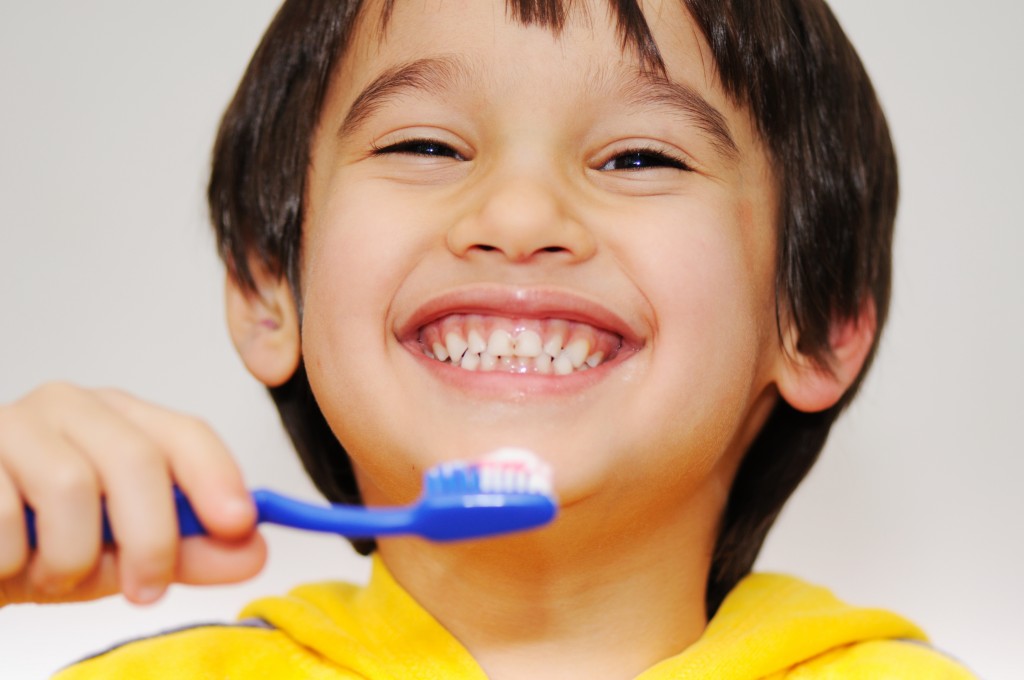A pediatric dental treatment can lead to traumas that also affect adult life, generating what is called dental phobia, among the most traumatic treatments in this sense there are multiple extractions of deciduous teeth.
Multiple extractions of deciduous teeth: when they are needed
The presence of caries in children and adolescents is very frequent, often there is a tendency to neglect oral hygiene or not to carry out dental check-ups because there is not enough attention, even on the part of parents, on the health of deciduous teeth.
The fact that deciduous teeth are destined to fall out leads to greater neglect of oral health in the little ones.

The state of health of deciduous teeth, on the other hand, is fundamental for the development of permanent teeth.
When the decay of the deciduous teeth is at an advanced stage, we proceed with the multiple extraction of the deciduous teeth.
This is a full-fledged surgery that is performed under general anesthesia, for better management of the little patient.
The consequences of a multiple extraction of deciduous teeth
An oral surgery under general anesthesia, such as the extraction of several teeth, has several consequences both in physical and psychological terms:
- anxiety;
- cry;
- pain;
- nightmares or bad memories.
Researchers have analyzed the post-operative pain of a sample of 143 children with an average age of six years on which multiple deciduous tooth extractions were performed. The children underwent at least seven extractions each.

For the management of post-operative pain, the dentists administered in different groups:
- intravenous fentanyl;
- paracetamol;
- intravenous fentanyl in combination with acetaminophen.
Children given fentanyl in combination with acetaminophen managed post-operative pain better.
Avoiding trauma to overcome odontophobia
Many of the adult patients who today claim to be afraid of the dentist have been children who have suffered trauma in the past.
Dental phobia is an irrational fear and some patients are so scared from the dentist’s chair that they refuse any type of treatment or even simple checkups, thus aggravating the situation of their oral health.

However, modern dentistry has exceeded this limit: today almost all dental therapies are painless, from extractions to implantology.
Modern flapless techniques make it possible to perform surgery without cutting edges of tissue and thus reduce bleeding.
In addition to this, it is possible to avoid general anesthesia by using intravenous conscious sedation, an anesthetic technique that allows the patient to remain alert during the surgery and still have a state of relaxation that cancels the sense of anxiety.
















